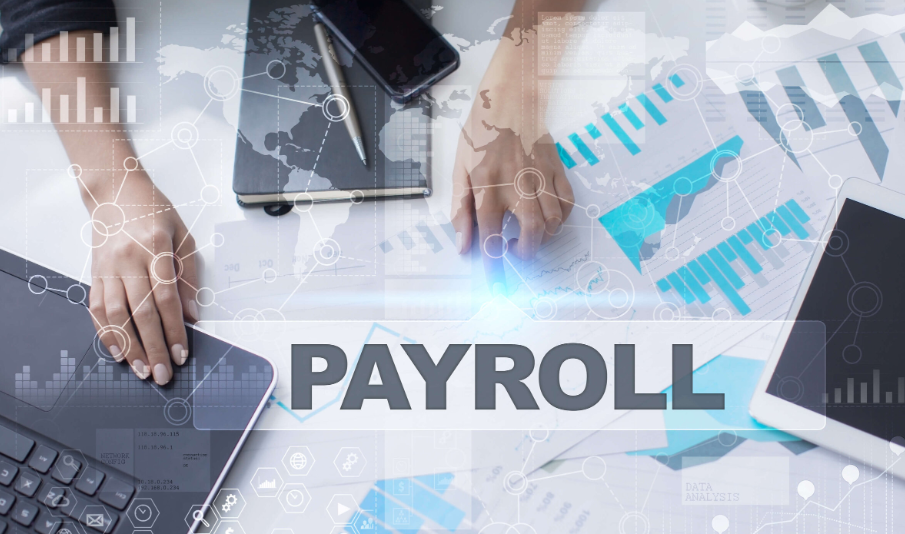What Are the Basics of Payroll Administration?
Effective payroll administration is crucial for ensuring a business runs smoothly. From calculating wages to managing tax obligations, payroll is more than just cutting cheques. It ensures employees are paid accurately and on time, and that the company remains compliant with legal obligations.
Let’s dive into the essential components of payroll administration to understand its role better.
Employee Information Management
One of the foundational elements of payroll administration is maintaining accurate employee data. This includes basic personal details, tax codes, bank account information, and benefits entitlements. Keeping this information up to date ensures that wages are calculated correctly and that deductions, such as income tax or pension contributions, are accurate.
Salary and Wages Calculation
This is the core of payroll administration. Every payroll period, administrators calculate the amount employees are due based on their work hours, salary agreements, and any other compensations like bonuses or commissions. It’s essential to account for overtime, sick days, or holiday entitlements to avoid errors that might affect employee satisfaction.
Tax Compliance and Deductions
Payroll process isn’t just about paying employees. It’s also about deducting the correct amount for taxes and ensuring compliance with local tax regulations. Payroll administrators must calculate deductions for national insurance contributions, income tax, and other statutory contributions. They are also responsible for submitting these payments to the appropriate government bodies on time.
Payroll Record Keeping
Maintaining a proper record of payroll transactions is vital. Payroll records help in resolving disputes, auditing, and ensuring compliance with employment laws. These records must be accurate, securely stored, and retained for the period mandated by law.
The Option to Outsource Payroll Services
Managing payroll can be time-consuming and complex, which is why many businesses choose to outsource payroll services. Outsourcing allows businesses to focus on their core activities, while professionals handle the intricate details of payroll compliance and payment processing.
Benefits Administration
Payroll administration also involves managing employee benefits, such as pensions, healthcare, and other perks. It’s important that these benefits are calculated correctly and provided to employees promptly.
In conclusion, payroll administration is a comprehensive process that goes beyond paying wages. It involves managing employee data, calculating payments, ensuring tax compliance, and maintaining records. A streamlined payroll process is essential to the success of any organisation, ensuring employees are paid accurately and in line with legal requirements.





